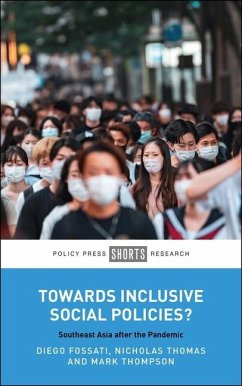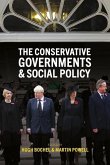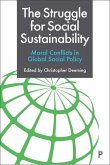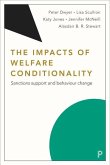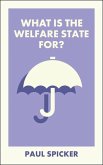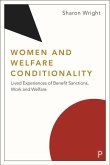Available open access under CC-BY-NC-ND licence. The COVID-19 pandemic disrupted economies and upended lives - but did it also open the door to more inclusive policies? Focusing on both attitudinal and institutional repercussions of the pandemic, and transcending Western-centric narratives and case studies, this book asks the question: has the COVID-19 pandemic facilitated the adoption of more generous and inclusive social policies in Southeast Asia? Combining original survey data with qualitative policy analysis in Indonesia, Malaysia, the Philippines, Singapore and Thailand, this concise yet rigorous volume challenges long-held beliefs and provides a comparative framework for understanding welfare change in politically and economically varied contexts. Valuable reading for anyone seeking to understand how crises can reshape public expectations and state responses.
Bitte wählen Sie Ihr Anliegen aus.
Rechnungen
Retourenschein anfordern
Bestellstatus
Storno

